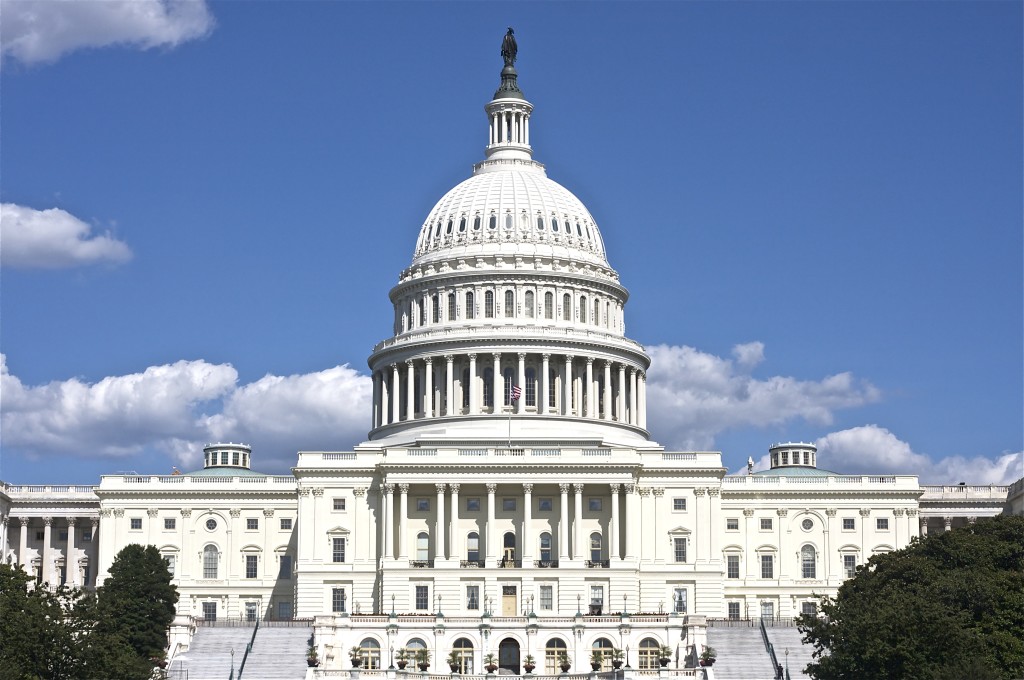Congress Considers Radical Animal Rights Legislation
Two radical provisions have made it into federal legislation this month thanks to backroom lobbying by animal rights activists. They threaten serious economic damage if passed.
The first is a provision to ban all mink farming in the United States inserted into the America COMPETES Act. This is part of the longstanding obsession of animal rights activists to ban all fur, leather, and wool products. In some localities, they have pushed bans on buying new fur; now they are targeting its production.
At the end of the day, animal rights activists do not think you should have a choice about wearing wool, fur, leather, or other animal-derived products. By shutting down fur farms here, they will drive prices up and put farmers out of business. (And farming will simply move to China—which is a poorer outcome for the animals.)
The amendment is based on the contrived and false notion that fur farms are somehow a unique risk for COVID. At this point, many experts think COVID came from a laboratory leak–not a “wet market” as originally postulated. If mink are such a disease risk, then why have animal activists released mink from farms?
And yet, despite there being no legitimate basis for it, a sweeping national ban on mink farming is on the table thanks to the dead-of-night legislative process.
The second provision is also an amendment to the America COMPETES Act that would dramatically harm the ability to move animals across state lines–even personal pets.
The measure would ban importation of an animal unless it is on a “white list.” Animals not on the list would be considered “injurious.” And the amendment allows the federal government to declare an animal injurious without any public input.
The measure exempts cats, dogs, and traditional livestock. But many people own fish, reptiles, and other exotic pets. Additionally, zoos, aquariums, and businesses move animals all the time across state lines as well as import them. This will likely throw a wrench into all of that. Read more details here.
There are plenty of existing regulations for animal import and movement, and we have seen no reason why they need an overhaul.
We suspect that this is nothing more than a backdoor attempt to put huge amounts of power in the hands of a few political appointees who can do lots of damage. Consider: Animal rights groups oppose keeping fish as pets. Many of those fish are imported. Animal rights activists oppose having animals in zoos. Some of those animals are imported; others are moved across state lines as part of conservation programs. An amendment like this could do wide-ranging harm.
There’s another old saying: Make the rules as if your worst enemy is in charge of implementing them. The idea is that you’ll be judicious in writing them to prevent abuse.
But now we’re in a situation where the people who have an ulterior agenda are writing the rules. That means it’s ripe for abuse. Congress needs to nix this legislation.




